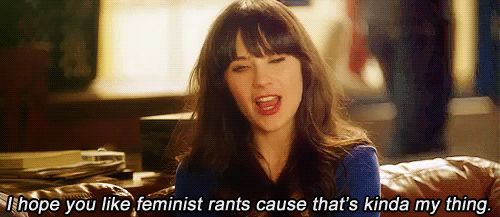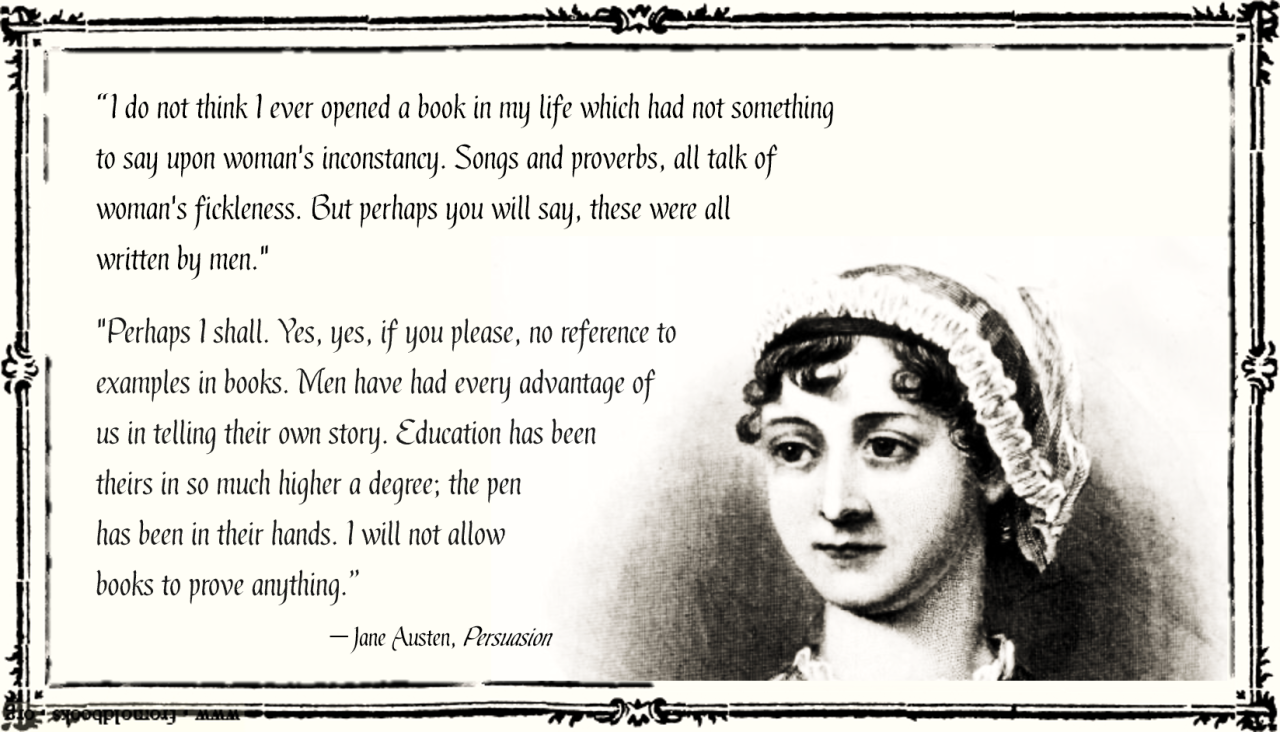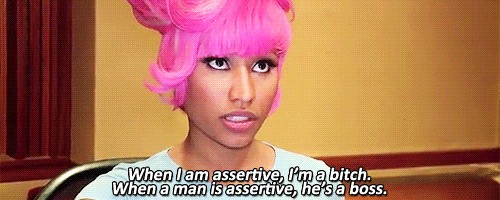
There's nothing I like more than reading early feminist works. It's proof of how crappy women have been treated-women were not content to be pushed aside, even if that's "how things we're done". Women have been angry and will be angry when they are treated as less than a person, and yet this continues to happen. It's been happening since long before the Seneca Falls Convention and will probably last for much longer as well.
During the 1840s and 1850s, women were expected, more than ever before, to be docile, sweet, and unthinking. They were treated like they weren't people-because in the eyes of men, if they weren't men as well, they didn't matter. However, it was also a time of reform, and the women of the Convention decided that men would never listen to a woman speak, but they would read her words instead, especially if written in the same style as the male Thomas Jefferson's Declaration of Independence. Stanton, the main writer, was gutsy-she made the men of the era look at what they believed and forced them to ask why, if women felt the same, were they not allowed to want the same freedom fought for in the Revolutionary War?
The two Declarations were written in a complete parallel style-the introduction, the list of wrongdoings, and what the injured parties were going to do as a result. Stanton dared to think and write "like a man". Both began the Declarations with the words "When, in the course of human events...", and both also agreed that it is the nature of humans to accept abuse, rather than fight it. They only would fight it if it got far too unjust. But then, what makes it different?
The purpose, to be honest. They were both Declarations of freedom, but the Declaration of Sentiments was made up of the words of people who still were not receiving the freedom won in the Revolutionary War. Stanton compares man to the King (who Jefferson describes as a tyrant), and compares the family man to being the cause of injustice.
Stanton was just a badass, let's be honest. She essentially was like, "Look. We get the short end of the stick. We always have, and we always will unless you guys stop treating us as stereotypes." She wrote the Declaration to say, yes, technically we have not been taxed or forced off of land, but we are never seen as people, we are only ever seen as what we sacrifice and produce and give. And if a woman does not want to give away what she has, she is shamed into doing it or it is simply taken. What's worse is that it's like that today. The points Stanton made are still important signs of the inequality between men and women.
Men are encouraged to sleep around, women are shamed to stay virgins. Men are treated seriously in the workplace while women are called sweetheart. Men are encouraged to get educated, while women are shamed for being smart and for liking science.

We do twice as much to be seen as somewhat like a man. We are shamed for our femininity and because we do not identify as males, we are treated like there is something wrong with us. We're seen as sex objects, child bearers, cooks, cleaning staff, homemakers, and child raisers. Even our bodies are seen as someone else's property.
Take this article, "5 Reasons to Date a Girl with an Eating Disorder." (http://www.returnofkings.com/21313/5-reasons-to-date-a-girl-with-an-eating-disorder) I'm not sure if the author thought this was funny, but the idea of a woman being sick and unconfident is ridiculous apparently. (I know this is not like the Declaration but I thought it was clear proof of how women are just seen as objects, not as people.) It literally says that "An inflated ego and an unearned high self-esteem are among the most unattractive traits in a girl." You can't tell me that after reading that I am seen as a person and not as someone else's object.

I love your feminist rants so much.
ReplyDelete